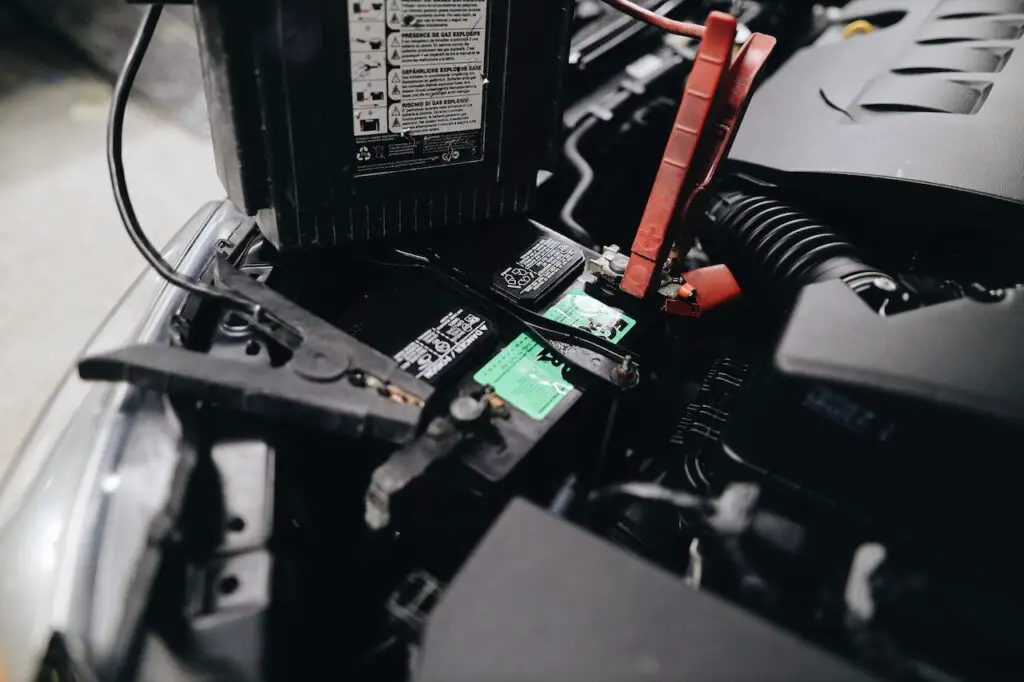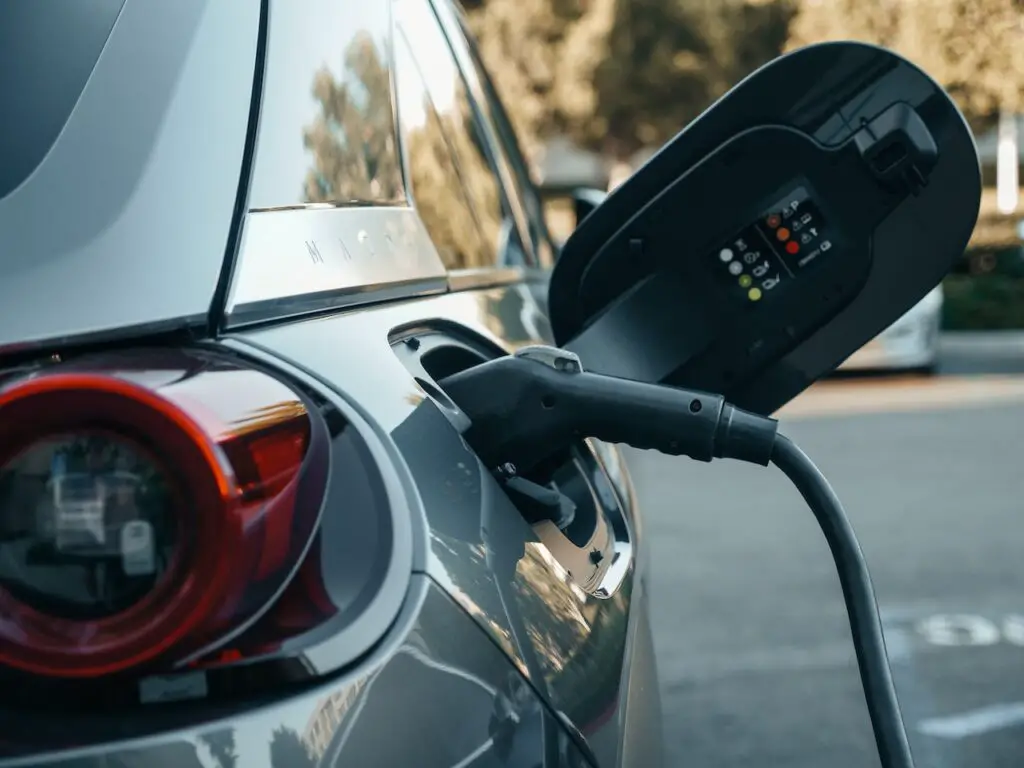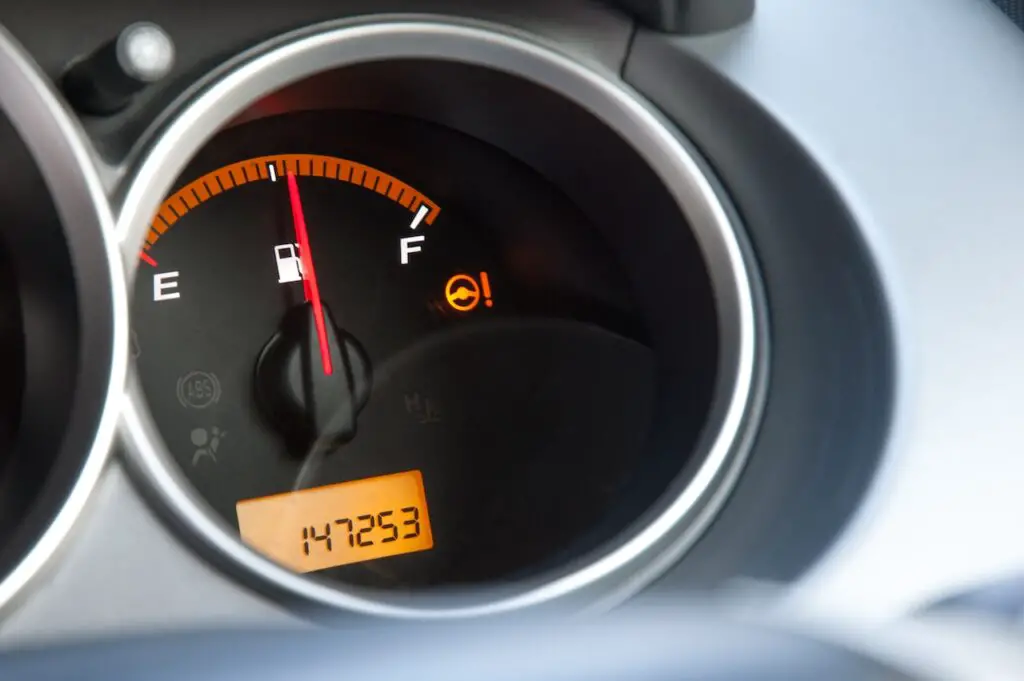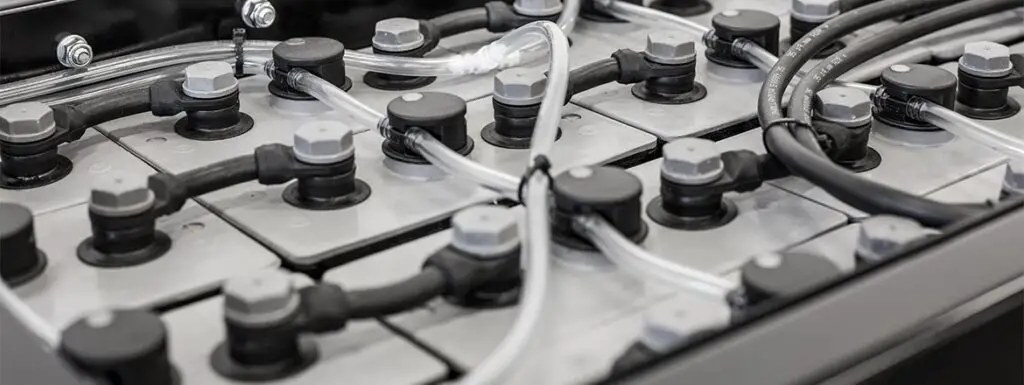Electric cars have become increasingly popular in recent years, and for good reason. They are environmentally friendly, cost-effective, and offer a smooth driving experience. However, one question that many people have is whether electric cars lose charge when parked.
The answer is yes, electric cars do lose charge when parked. This phenomenon is known as “vampire drain,” which refers to the small amount of energy that an electric car uses while it is turned off and not charging. Although the amount of energy lost varies depending on the make and model of the car, it is generally minimal and should not significantly impact the car’s overall range.
There are several factors that can affect how much charge an electric car loses while parked. These include the age and condition of the battery, the temperature outside, and whether the car is connected to a charger. Despite these variables, electric car owners can take steps to minimize vampire drain and ensure that their car is always ready to go when they need it.

How Electric Cars Store Energy
Batteries
Electric cars store energy in rechargeable batteries that power an electric motor to turn the wheels. The batteries are typically made up of hundreds or thousands of individual battery cells, which are connected together to form a battery pack. Lithium-ion batteries are the most common type of battery used in electric cars, due to their high energy density, long lifespan, and low maintenance requirements.
The battery pack is usually located under the floor of the car, which helps to lower the center of gravity and improve handling. The battery management system (BMS) controls the charging and discharging of the battery pack, and monitors the health of each individual battery cell to ensure that the battery operates safely and efficiently.
Regenerative Braking
Electric cars also use regenerative braking to store energy. When the driver applies the brakes, the electric motor runs in reverse, generating electricity that is sent back to the battery pack. This helps to slow down the car and recharge the battery at the same time, improving the car’s overall efficiency.
Regenerative braking is most effective at low speeds, where most of the energy used to accelerate the car is recovered during braking. At higher speeds, the amount of energy recovered is lower, but it still helps to improve the car’s overall efficiency.
Factors That Affect Battery Drain While Parked
Temperature
Extreme temperatures, both hot and cold, can affect battery technology quite adversely. Lithium-ion batteries, the primary source of power responsible for powering the wheels, lose charge quickly when exposed to high temperatures. This can significantly affect battery performance and lead to a shorter battery life. On the other hand, extremely cold temperatures can also reduce the efficiency of the battery, making it difficult to start the car.
Battery Age
The age of the battery can also play a significant role in battery drain while parked. Over time, the battery’s capacity to hold a charge decreases, which can lead to a faster discharge when parked. A battery that is nearing the end of its lifespan may lose charge even when the car is not in use, leading to a shorter overall battery life.
Parasitic Loads
Parasitic loads are the electrical systems in a car that continue to draw power even when the car is not in use. These include the alarm system, remote keyless entry system, and other electronic devices that are always on. These loads can cause a slow but steady drain on the battery over time, leading to a shorter overall battery life.
It is important to note that while these factors can affect battery drain while parked, modern electric cars are designed to minimize this drain as much as possible. Most electric cars have a sleep mode that activates after a certain period of inactivity, which significantly reduces the amount of power used by the car when parked. Additionally, many electric cars have a built-in monitoring system that allows the driver to check the battery’s charge level remotely, giving them peace of mind that their car will be ready to go when they are.
Do Electric Cars Lose Charge When Parked?
Electric cars are becoming more and more popular as people become more environmentally conscious. One question that many people have is whether electric cars lose charge when parked. This section will explore the various factors that affect an electric car’s battery life when it is parked and not being driven.
Idle Battery Drain
Electric cars lose small amounts of charge when they are parked and not being driven. This is known as idle battery drain, and it is caused by the car’s various systems and electronics that remain active even when the car is turned off. The amount of battery drain depends on factors such as the car’s make and model, the age of the battery, and the temperature.
Vampire Drain
Vampire drain is a type of idle battery drain that occurs when the car is parked for an extended period of time. This drain is caused by the car’s systems and electronics that remain active even when the car is turned off. The amount of vampire drain varies depending on the car’s make and model and the age of the battery. However, most electric vehicles only lose about 2% to 3% of their charge per month.
Battery Maintenance
It is essential to check in on your vehicle’s charge level and ensure it remains between 20% and 80%. If an electric car is parked for an extended period, it is recommended to keep the battery at around 50% charge. This will help to prevent the battery from degrading and prolong its lifespan. An electric-car battery replacement can be an expensive procedure, so it’s important to look after it and minimize degradation if you want to save money.
How to Prevent Battery Drain While Parked
Charging Before Parking
One way to prevent battery drain while parked is to make sure the vehicle is charged before parking. According to Driving Electric, keeping the battery between 20% and 80% charged at all times can help prolong battery life. Therefore, it is recommended to charge the vehicle to around 80% before parking it for a long period.
Using a Battery Tender
Another way to prevent battery drain is to use a battery tender. A battery tender is a device that can be connected to the vehicle’s battery to maintain its charge. According to Green Car Future, keeping the vehicle plugged in to maintain charge can also help prevent battery drain. This is especially useful if the vehicle is parked for an extended period of time.
Avoiding Extreme Temperatures
Extreme temperatures can also affect the battery’s performance and lifespan. According to Review Geek, it is important to minimize exposure to extreme temperatures. This means avoiding parking the vehicle in direct sunlight or in extremely cold temperatures. Additionally, allowing the battery to cool down before recharging can also help prolong its lifespan.
Conclusion
Electric cars do lose charge when parked, but the amount of charge lost is minimal. Most electric vehicles only lose about 2% to 3% of their charge per month. This means that if your car had a 300-mile range, you could anticipate losing 6 to 9 miles out of your entire charge in a month.
It is important to note that the amount of charge lost can vary depending on several factors, such as the age of the battery, the temperature, and the car’s settings. For instance, if the car is left in a hot environment, the battery can lose charge at a faster rate. Similarly, if the car is left with its lights on or the radio playing, it can drain the battery more quickly.
However, there are ways to minimize the amount of charge lost when the car is parked. One way is to keep the car plugged in when it is not in use. This will ensure that the battery is always topped up and ready to go when you need it. Another way is to limit the car’s vampire drain by turning off any unnecessary systems when the car is parked. For example, turning off the Wi-Fi, the alarm system, and the sentry mode can help reduce the amount of charge lost.




